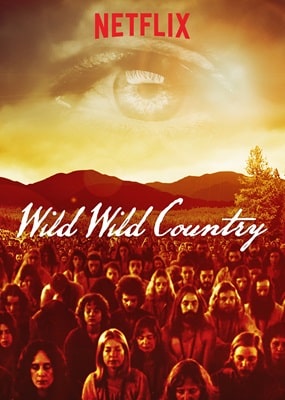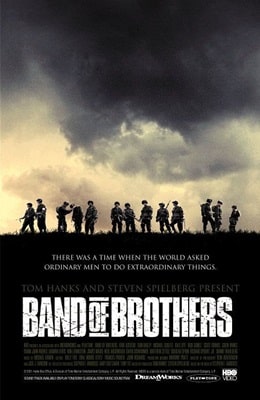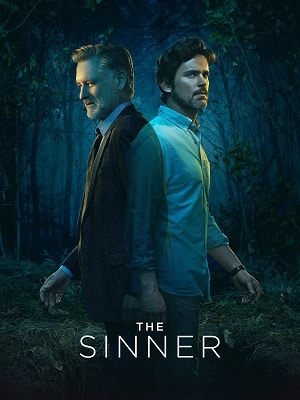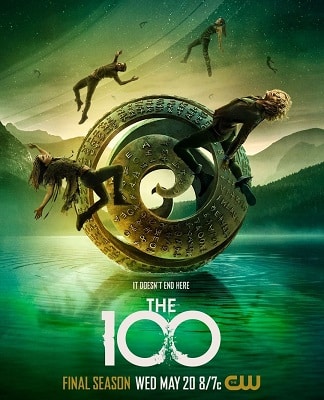Book Review
Wild Wild Country
“Wild Wild Country,” a documentary series released on Netflix in 2018, dives into the captivating and tumultuous story of the Rajneeshpuram community in Oregon during the 1980s. Directed by Maclain and Chapman Way, this six-part series unfolds a tale so bizarre and complex that it often feels more like a thriller than a documentary.
The series chronicles the rise and fall of the Rajneeshpuram commune, led by the controversial Indian guru Bhagwan Shree Rajneesh (later known as Osho) and his fiery secretary Ma Anand Sheela. The narrative is a rollercoaster ride of ambition, power struggles, and clashing ideologies. It’s a story that many might find hard to believe if it weren’t all true.
What makes “Wild Wild Country” stand out is its masterful storytelling. The Way brothers deftly weave together archival footage, present-day interviews, and news broadcasts to create a comprehensive and engaging narrative. The series does an excellent job of maintaining a neutral tone, allowing viewers to draw their own conclusions from the unfolding events.
The series is not just about the conflict between the Rajneeshees and the local Oregonians. It delves deep into the psyche of its main characters, especially Ma Anand Sheela. Her candid interviews are a highlight, offering insight into her complex personality and motivations. Sheela, with her unapologetic and often shocking statements, becomes a mesmerizing figure in this saga.
“Wild Wild Country” excels in setting up an atmosphere that mirrors the tension and mystery of the story. The scenic shots of the Oregon landscape juxtaposed with the commune’s vibrant activities create a vivid contrast that adds to the surreal nature of the events. The soundtrack, subtle yet effective, complements the narrative, enhancing the series’ overall immersive experience.
Another remarkable aspect of the documentary is its ability to maintain suspense and intrigue. Despite being a historical account, the pacing and structure of the series keep viewers on the edge of their seats. Each episode ends on a note that compels the audience to watch the next, a testament to the series’ exceptional editing and storytelling.
The series doesn’t just recount events; it raises questions about morality, religion, ambition, and the American legal system. The conflict between the Rajneeshees and the Oregon locals is portrayed not just as a simple good versus evil but as a complex clash of cultures, values, and legal interpretations. This nuanced approach gives the documentary an intellectual depth that stimulates thought and discussion.
In terms of adaptation, “Wild Wild Country” is unique in that it doesn’t adapt from a book but rather compiles a vast array of source materials to tell its story. The series is a testament to the power of documentary filmmaking in bringing lesser-known or misunderstood historical events to light.
The impact of “Wild Wild Country” lies in its ability to humanize all sides of the conflict. It presents the residents of Rajneeshpuram not just as followers of a cult but as individuals seeking meaning and community. Similarly, it portrays the Oregon locals not merely as antagonists but as people fighting to preserve their way of life.
In conclusion, “Wild Wild Country” is a triumph in documentary filmmaking. It’s a fascinating exploration of a forgotten chapter in American history, told with the suspense and complexity of a thriller. The series is a captivating journey into the world of Rajneeshpuram, offering viewers a chance to ponder the delicate balance between religious freedom, societal norms, and the law. It stands out as a prime example of how documentaries can be as thrilling and engaging as any fictional narrative







